Key Takeaways
- Leveraging classic stereotypes can help increase character depth
- Clear distinctions between main love interest and third wheel are a must
- Blue Box gives the third wheel the spotlight for character development
Warning: The following contains spoilers for Blue Box, Episode 6, “Wish Me Luck”, now streaming on Netflix.
Blue Box is the go-to when it comes to romance in Fall 2024’s anime lineup, and one of the standouts in the show is the character with one-sided love for the protagonist, the third wheel: Hina Chono. That’s right, not only is the dynamic between the main couple, Taiki and Chinatsu, interesting, but they also do an excellent job with the side characters and their feelings.
But what exactly is it that Blue Box does to make you root for the second option? Especially when Hina had only recently entered the love triangle, as her feelings for Taiki only started to come out toward the end of episode 5 “Aquarium”. Being able to fully flesh out her character and true emotions and have her be seen as a legitimate player in Blue Box‘s game of love in just a couple of episodes is an impressive feat. Don’t be mistaken though, many fans do still favor Chinatsu as Taiki’s partner, but as Hina herself said, her charms haven’t even begun to peak.
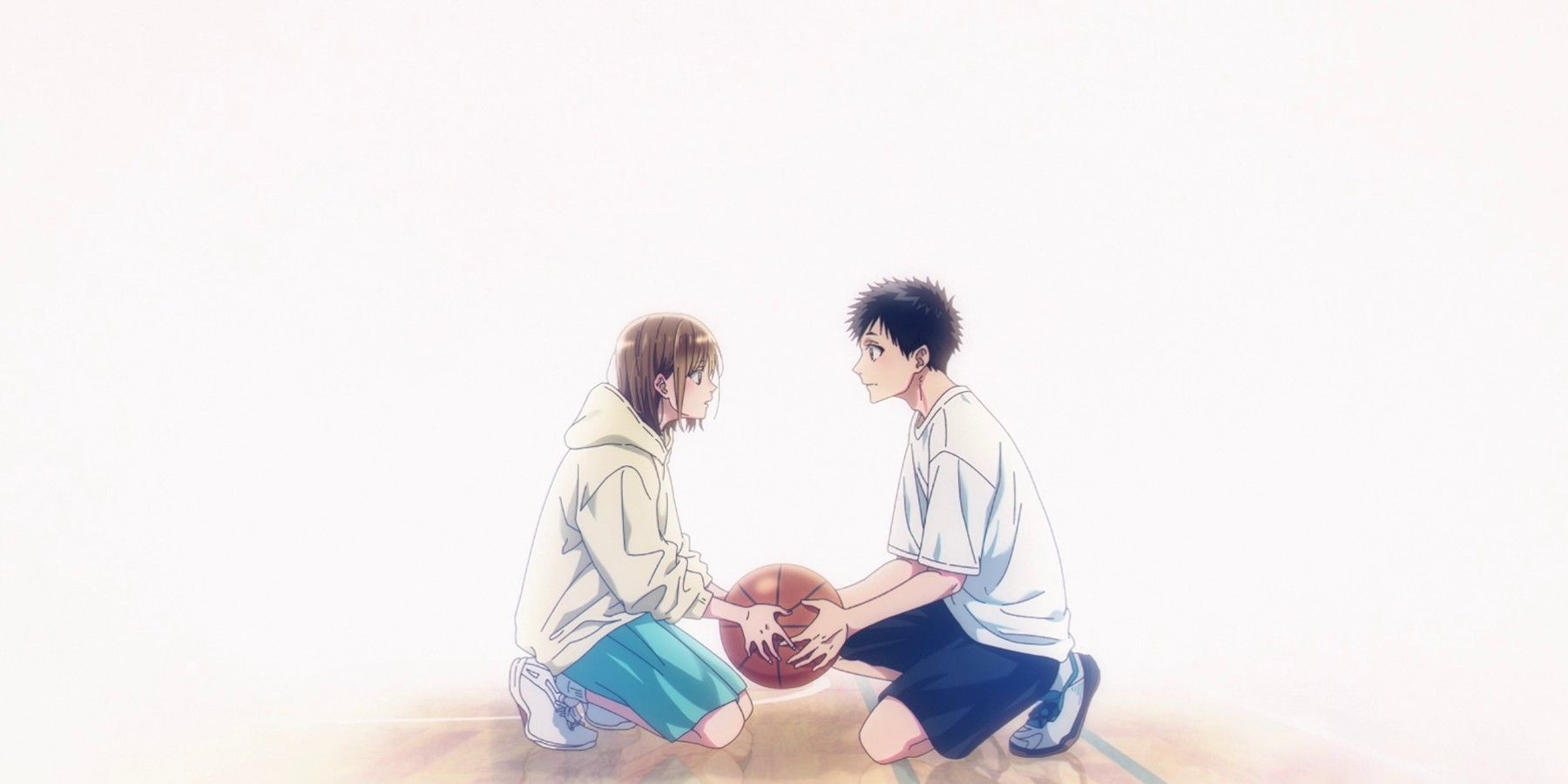
Related
Blue Box: A Beautiful Nexus Between Sport and Romance
Exploring what makes Blue Box such an exciting anime to follow this season.
All the Stereotypes Done Right
No Shame in Going with the Classics
What Blue Box does to make Hina shine isn’t necessarily unique and ground-breaking; in fact, she’s a character that uses some classic stereotypes and tropes. It’s perfectly fine to use tried-and-true methods to make the character with unspoken love for the protagonist stand out more, as long as they’re executed properly. The mere fact that the affection of characters like Hina is one-sided gives them that extra appeal to the viewers. People love cheering for the underdog stereotypes, whether in physical combat, sports, or love. Also, it’s easier to relate to someone having a crush rather than someone being crushed on, making it easier to feel for Hina than it is for Chinatsu.
Another common trope for the person in love with the main character is being their childhood friend, which is what Hina is to Taiki. Being old friends gives them an already established history and good chemistry, which is on full display in the show. Hina and Taiki bounce off each other really well, and some of the best comedic moments in Blue Box actually come from their banter.
If you’re looking for more shows where the third side of the triangle is also done really well, you can try out Toradora, Your Lie In April, and Takt Op Destiny.
Having the Main Love Interest Be Clearly Distinguishable from the Third Wheel
Different Strokes for Different Folks
Another way to make the third wheel stand out is to make it clear that her motivations, ideals, and mannerisms are all distinct from the main love interest. If they’re not different enough, the audience might just see the third wheel as a budget version of the main love interest, and that’s no good.
Although both Chinatsu and Hina strive to be the best in their respective sports, they go about it in different ways. Chinatsu is the extremely hard-working type, to the point where her work ethic in basketball can almost be seen as an obsession. She goes to school early just to get in some more practice and even refuses to move with her family abroad, all so she can compete at a national level in Japan. Hina, on the other hand, doesn’t actually like working hard. She even follows a strict diet because gaining even a little weight means she’ll have to do more training to work off the extra weight. Obviously, she still puts in some work as she wouldn’t bso skilled at rhythmic gymnastics otherwise, but Chinatsu is more of a workaholic who craves to do more training whenever she can, while Hina is willing to make sacrifices just to reduce the amount of effort she needs to apply.
I’m not good at working hard, so if I can just endure it, I should.
Personality-wise, Chinatsu comes off as more mature and honest with her emotions, while Hina is often seen as a happy-go-lucky person who loves to playfully tease her friends but prefers to keep her deeper feelings and thoughts all to herself.
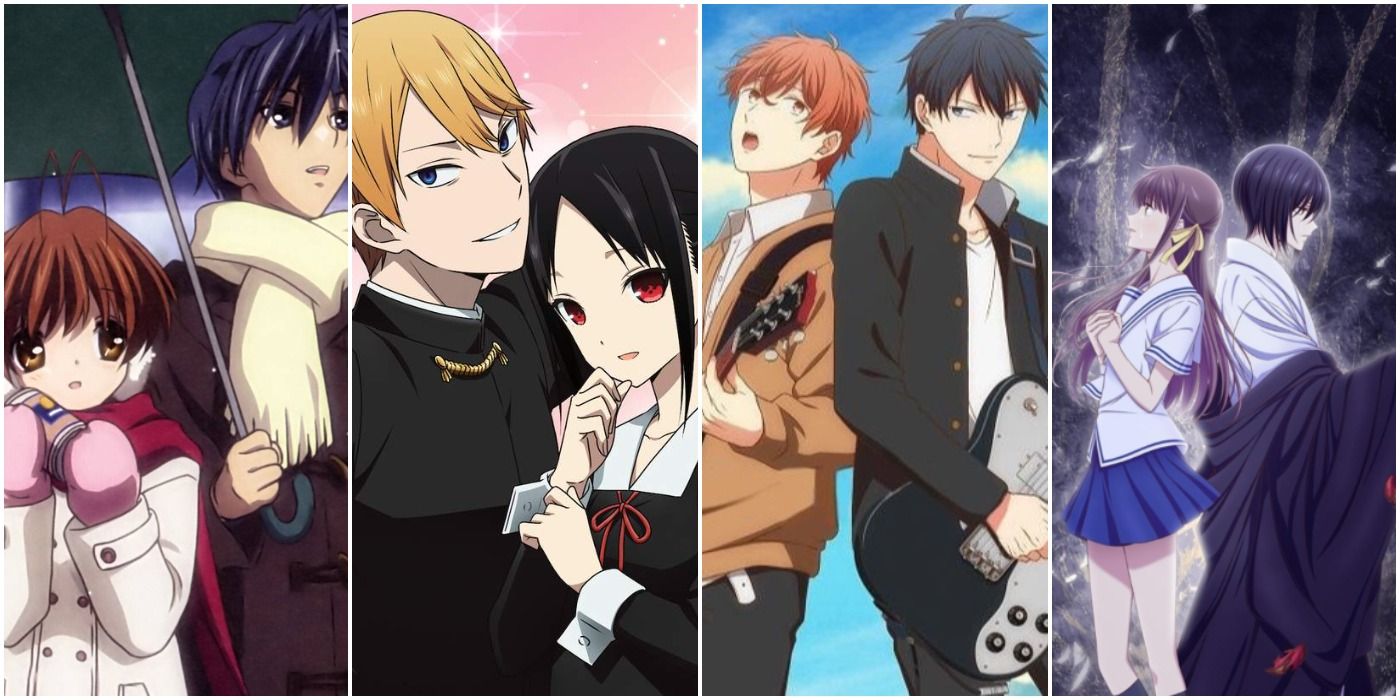
Related
The Greatest Romance Anime Of All Time (October 2024)
There are plenty of great romance anime out there. These romantic tales are sure to pull on the heartstrings of any anime fan.
Giving the Third-Wheel Time to Grow and Shine
Giving Hina the Spotlight for an Entire Episode Is One of the Highlights of Blue Box
One of the most important things to have the childhood friend stand out more is to make it seem like they stand a real chance against the protagonist’s main love interest. Give them time to flesh out their character more and have the audience see what exactly makes the character tick. For Hina Chono, that time came early in Blue Box, episode 6, “Wish Me Luck” as 90% of the episode was seen through her perspective. By the end of the episode, fans have a far better understanding of who she is and how she views the people around her.
And the thing is, Hina’s time in the spotlight is far from over. If the anime were to follow the manga, which it has been doing so far, then Hina would have tons more opportunities to give Chinatsu fans a run for their money.
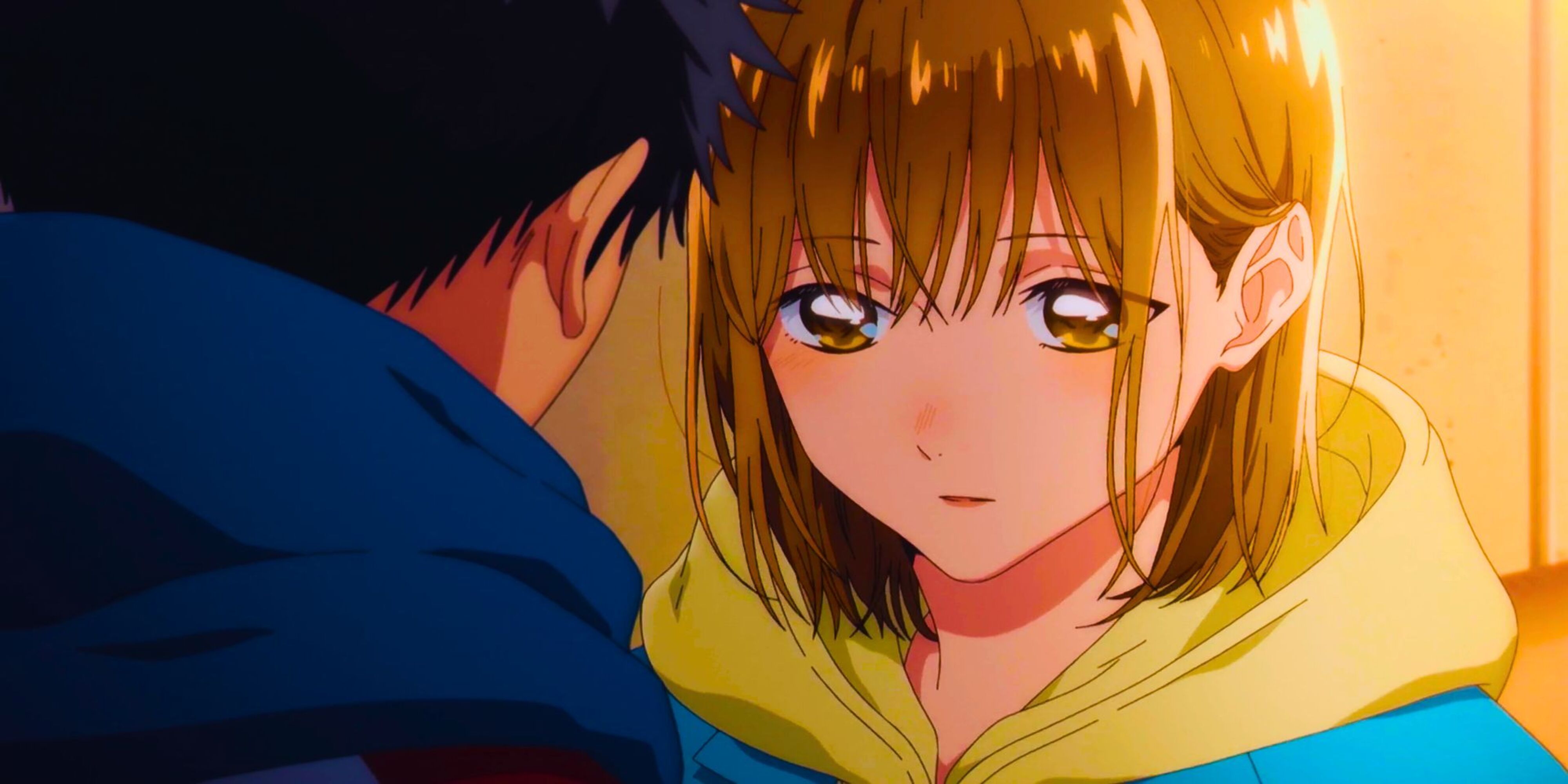
Related
5 Best Romance Sports Anime Like Blue Box
Anime fans who enjoy Blue Box’s well-balanced storytelling that amalgamates the sports and romance genes will likely enjoy these shows, too.
Blue Box is now available to stream on Netflix. The release date for Blue Box, episode 7, is set to be November 14, 2024 at 8:30 AM PT.
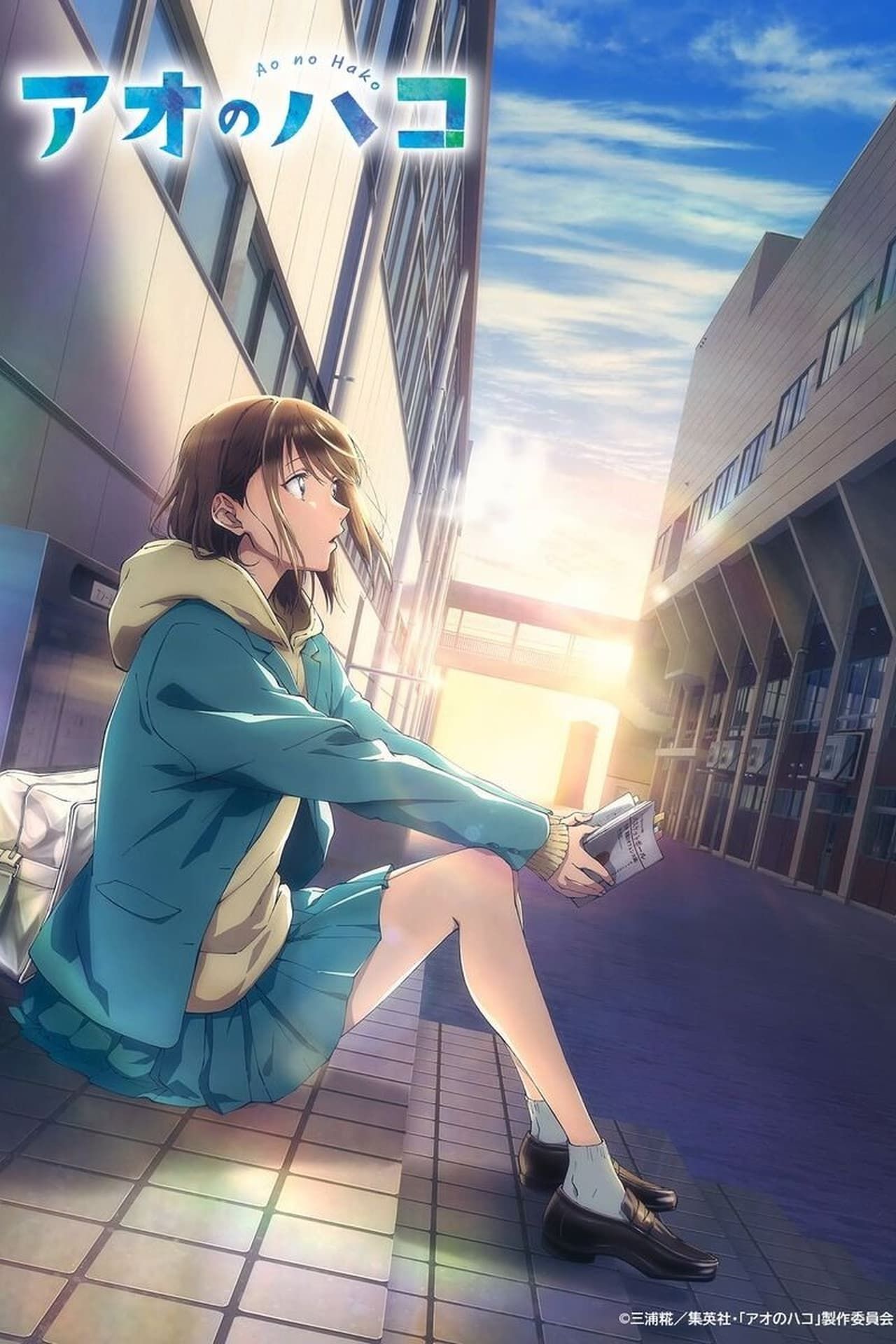
- Release Date
- Studio
- Japanese Title
- Creator
- MyAnimeList Score
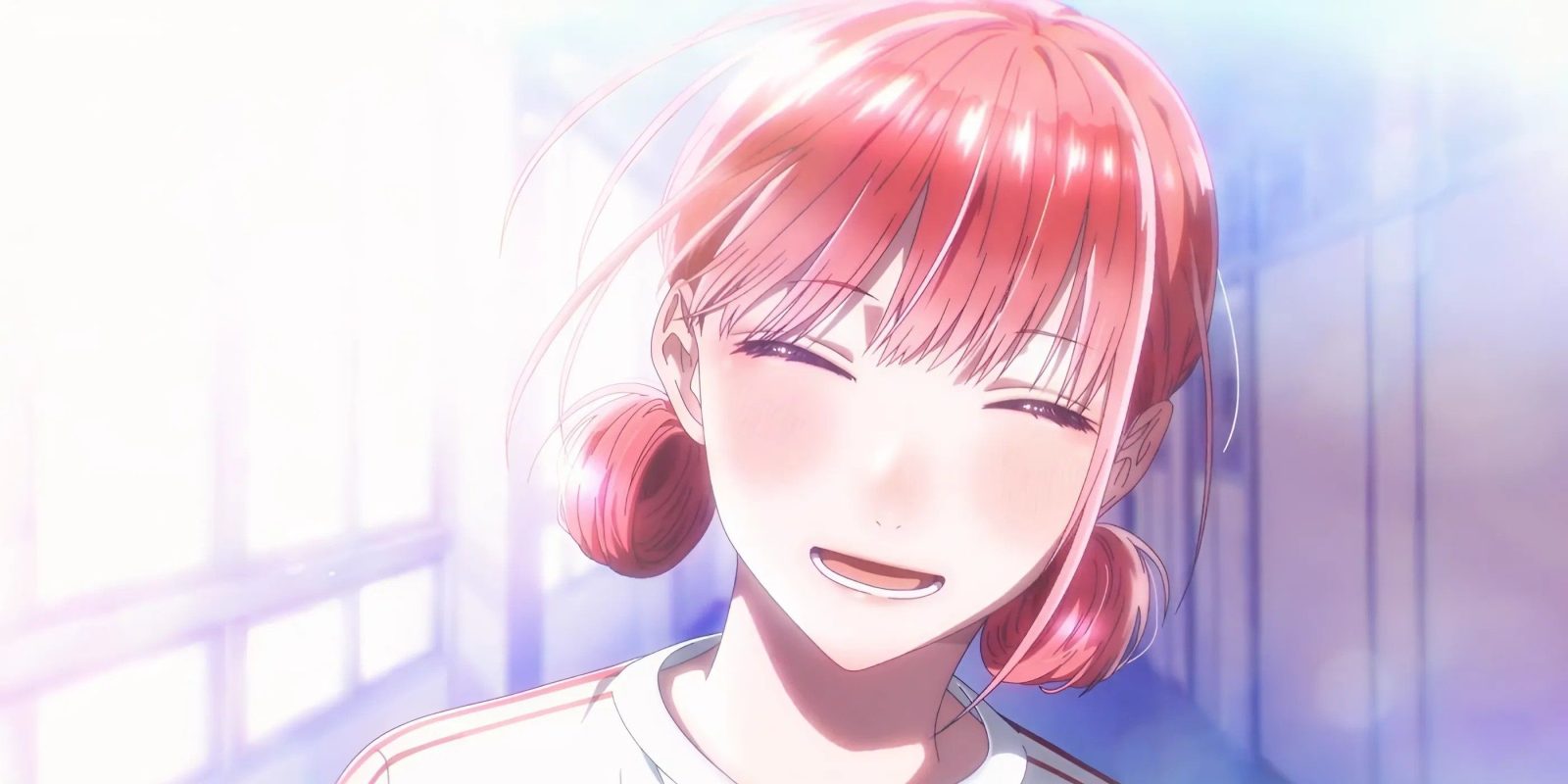

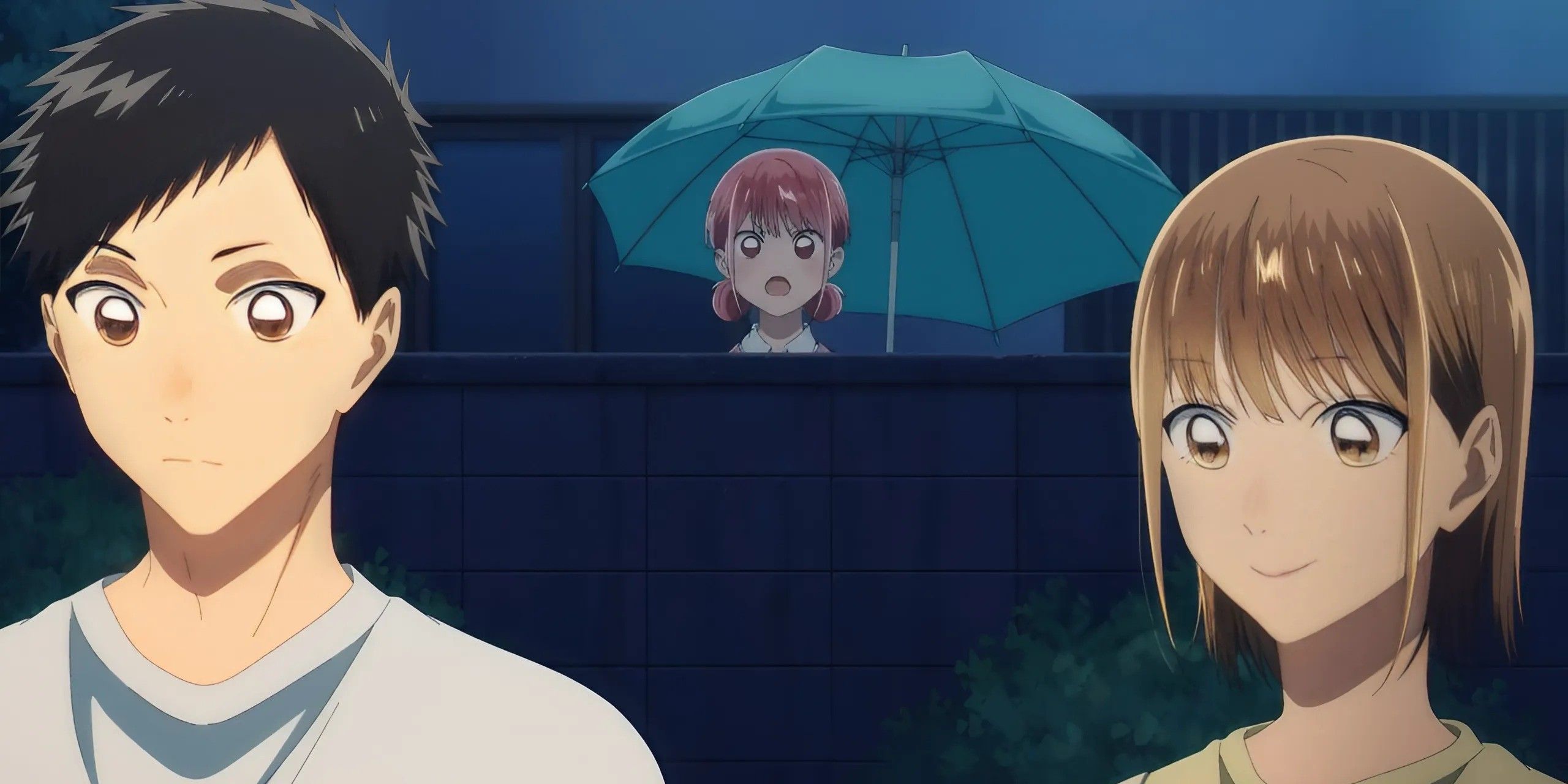
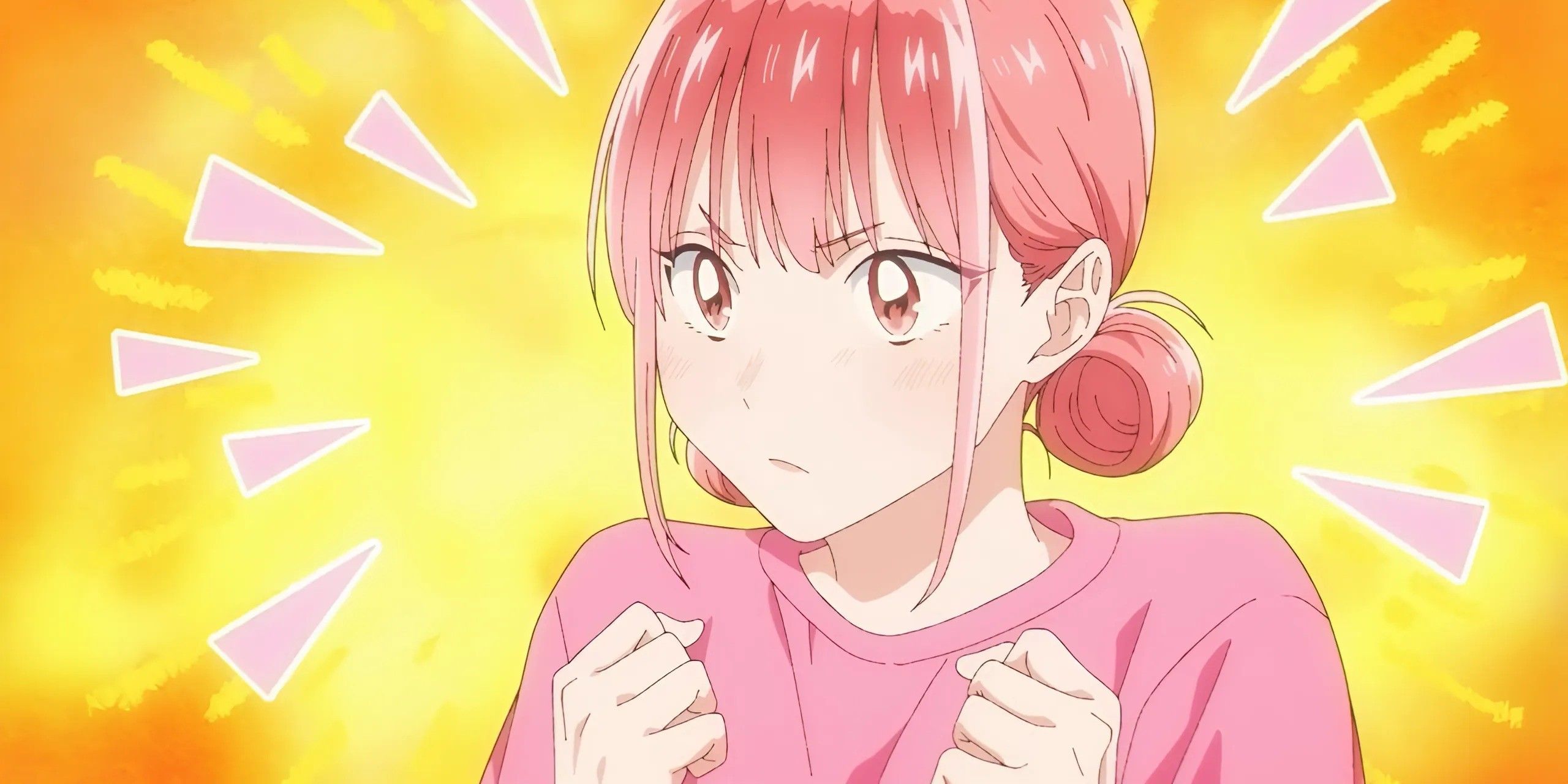










Leave a Reply